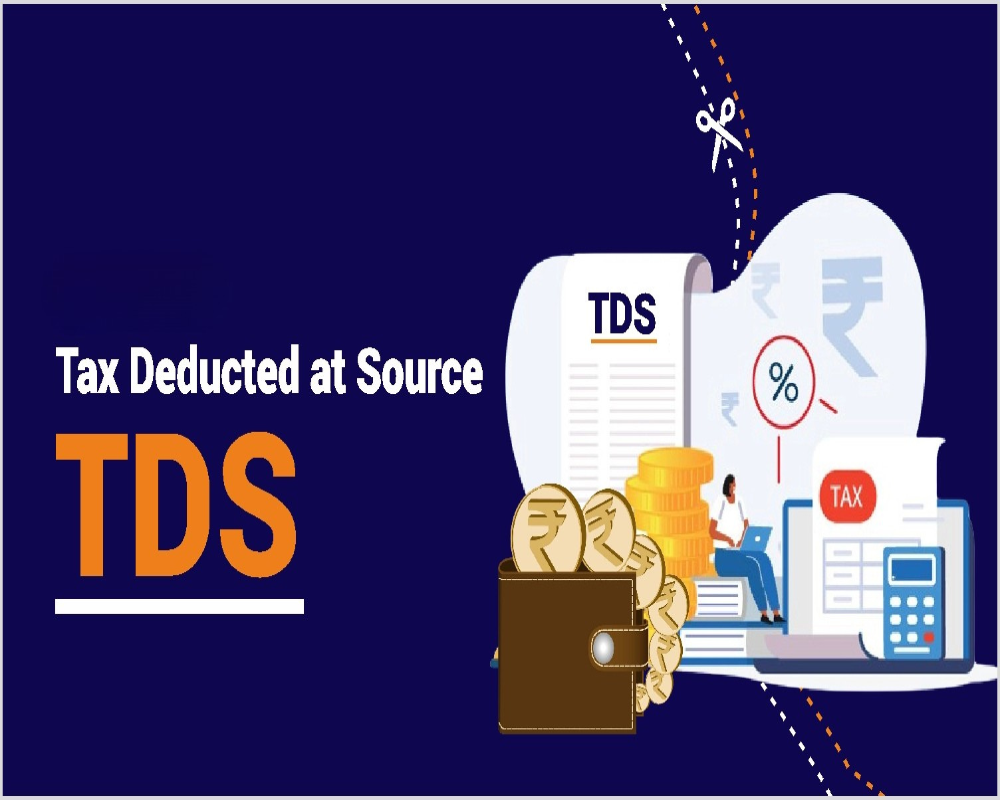Introduction
Tax Deducted at Source (TDS) is a crucial component of the tax compliance framework in most economies. In industrial sectors—such as manufacturing, construction, logistics, and infrastructure—TDS obligations play a vital role in ensuring that taxes are collected and deposited with the government on a timely basis. TDS is a mechanism where a certain percentage of payment is deducted at the source by the payer and remitted to the tax authorities on behalf of the payee.
For industrial businesses that engage with a wide array of contractors, suppliers, professionals, and employees, complying with TDS provisions is essential to avoid penalties, ensure legal compliance, and maintain smooth financial operations. This article briefly explains the TDS obligations applicable to the industrial sector.
1. What is TDS and Why It Matters in Industry?
Tax Deducted at Source (TDS) refers to the obligation of a business or organization to deduct a specified portion of tax at the time of making certain payments, such as salaries, contract fees, rent, or professional charges.
Relevance in Industry:
- Industries deal with large volumes of payments to contractors, consultants, vendors, and employees.
- TDS ensures a steady flow of revenue to the government and prevents tax evasion.
- It also shifts the responsibility of tax collection to the entity making the payment.
2. Common Payments Subject to TDS in Industry
a. Salaries
- TDS must be deducted as per the applicable income tax slab under Section 192.
- Industrial units must account for allowances, deductions, and exemptions.
b. Payments to Contractors and Subcontractors
- Under Section 194C, industries must deduct TDS when making payments to contractors for work, supply of labor, or service agreements.
c. Rent
- TDS is applicable on factory premises or equipment rentals under Section 194-I, above a specified threshold.
d. Professional and Technical Services
- Payments to engineers, consultants, and auditors attract TDS under Section 194J.
e. Commission and Brokerage
- Any agent or intermediary fee paid by industries is subject to TDS under Section 194H.
f. Interest Payments
- If industrial units pay interest on borrowings, TDS under Section 194A is applicable.
3. Rates and Thresholds
TDS rates vary depending on the nature of payment and recipient status (individual, company, etc.). There are also threshold limits—payments below which TDS is not applicable. These are periodically revised and must be referred to as per the latest government notifications.
Example:
- Contractor payment TDS: 1% for individuals/HUFs, 2% for others, if payment exceeds ₹30,000 (India-specific).
- Rent on machinery: 2% if payment exceeds the prescribed annual limit.
4. Due Dates and Compliance Requirements
a. Deduction and Deposit
- TDS must be deducted at the time of payment or credit, whichever is earlier.
- The deducted amount must be deposited with the government within the prescribed timelines (usually monthly).
b. TDS Returns
- Quarterly returns (e.g., Form 24Q for salaries, 26Q for non-salaries) must be filed with detailed information on deductees.
c. TDS Certificates
- Form 16 (salaries) and Form 16A (non-salaries) must be issued to the payees as proof of tax deduction.
5. Consequences of Non-Compliance
Failure to comply with TDS obligations can result in:
- Interest on late deduction or deposit
- Penalties for late filing of returns
- Disallowance of expenses under income tax assessments
- Legal and reputational risks
Conclusion
TDS obligations in the industrial sector are an integral part of financial compliance. By ensuring timely deduction, accurate documentation, and prompt deposit of taxes, industrial businesses not only meet their legal responsibilities but also promote efficient tax administration. Given the volume and diversity of transactions in industry, a sound understanding of TDS rules, supported by automated accounting systems and professional advice, is essential for avoiding penalties and maintaining operational integrity. As tax laws evolve, staying updated with TDS provisions will remain a key component of effective industrial governance.
Hashtags
#TDSObligations #TaxDeductedAtSource #IncomeTax #Compliance #Finance #Taxation #BusinessFinance #Accounting #TaxRegulations #IndustryStandards #FinancialManagement #TaxPlanning #SmallBusiness #CorporateTax #TaxCompliance #TaxLiability #FinancialReporting #TaxDeductions #BusinessObligations #TaxEducation


